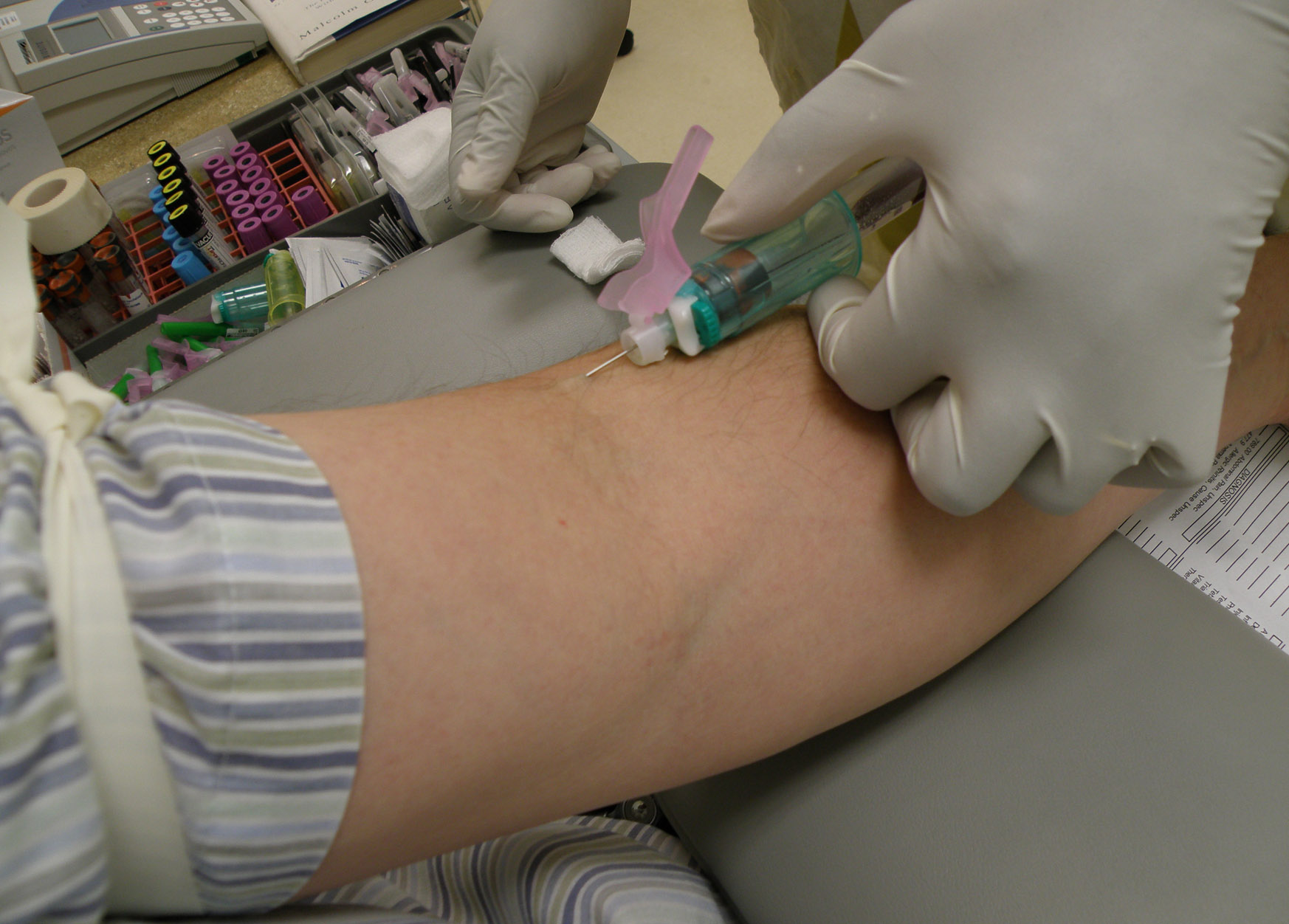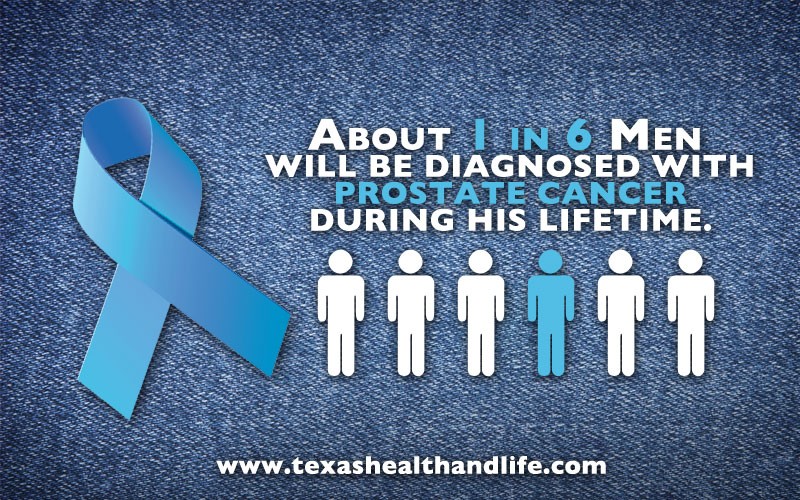When celebrities get sick, the story tends to go one of two ways.
Either the media is aware of the story and closely follows the details — as we’ve seen with Shannen Doherty’s awareness-raising battle with breast cancer — or the star in question keeps the diagnosis quiet and stays very private throughout treatment.
Ben Stiller, the actor and director known for movies like Zoolander and Meet The Fockers, took the second approach when he was diagnosed with prostate cancer two years ago.
But recently, Stiller decided to open up about his diagnosis and treatment, revealing a part of his medical history to the world in the hopes of helping other men get the treatment they need.
He spoke out about his cancer for the first time in an article penned for Medium, entitled “The Prostate Cancer Test That Saved My Life.”
The goal of his article is to raise awareness about the low-impact, simple test that Stiller’s doctor first suggested when the actor reached his mid-forties.
Scroll through the story below to learn more about Stiller’s illness and his important message for men reaching middle age.
Thumbnail Photo Credit: Facebook/Ben Stiller

Shortly after the article went live on the Medium website, Stiller followed up by tweeting out a link to the piece, along with a powerful caption, reading, "So, I had cancer a couple of years ago and I wanted to talk about it. And the test that saved my life."
The tweet, posted alongside a picture of Stiller's hapless character from There's Something About Mary, nearly sums up the point of the article. It explains the actor's own experience with the disease and helps educate other men who are either in the same boat or might someday find themselves there.
Prostate cancer affects about 200,000 men in America every year, and it's so important for all men, and all women with husbands, sons, and brothers, to be aware of the best ways to detect it early.

For Stiller, it all started at age 46, when his internist suggested that he get a blood test called the Prostate Specific Antigen, or PSA, as a precautionary measure.
Like a colonoscopy or mammogram, the PSA is a screening procedure, meant to detect any problem early on.
That way, anything suspicious can be observed, and, if necessary, treated in a timely manner.

For Stiller, the PSA did exactly what it was supposed to; it caught warning signs of his cancer early on, and allowed his doctor to watch and wait to see what treatments would be necessary.
Because of this early detection method, Stiller was able to have his cancer swiftly removed.
Just three months after diagnosis, he received confirmation that he was cancer-free.

He credits his good fortune and excellent prognosis to the insight of his primary care doctor, who had him add the PSA to his annual work-up as a cautionary measure, even though it's not a required test.
If it weren't for this simple blood test, it's likely that Stiller's cancer wouldn't have been caught early enough to treat.
As he puts it in the article:
“I have no history of prostate cancer in my family and I am not in the high-risk group, being neither — to the best of my knowledge — of African or Scandinavian ancestry. I had no symptoms.”

Stiller credits the PSA test with saving his life, though he is quick to note that it's not a perfect solution.
He explains that the test is not failsafe, and that, depending on how results are interpreted, a suspicious PSA could lead to unnecessary invasive diagnostic procedures, or lead to patients receiving extensive treatment when monitoring might have done the job.
The challenges of reading the test are part of the reason that it's not standard practice.

Still, despite the fact that the test has its flaws, Stiller closes his piece with an important point: early detection is the best cancer treatment we currently have at our disposal.
Prostate cancer is highly treatable, but early detection is still key to making sure that patients get well as quickly as possible.
That's why all men should make sure to get their prostates checked regularly and should ask about the PSA at their next physical.

And all of us, male and female, should make sure we are getting regular medical screenings to improve our odds of catching illness early on.
If you think that this is an important medical reminder for men and women alike, please make sure to SHARE this post with everyone you love!




